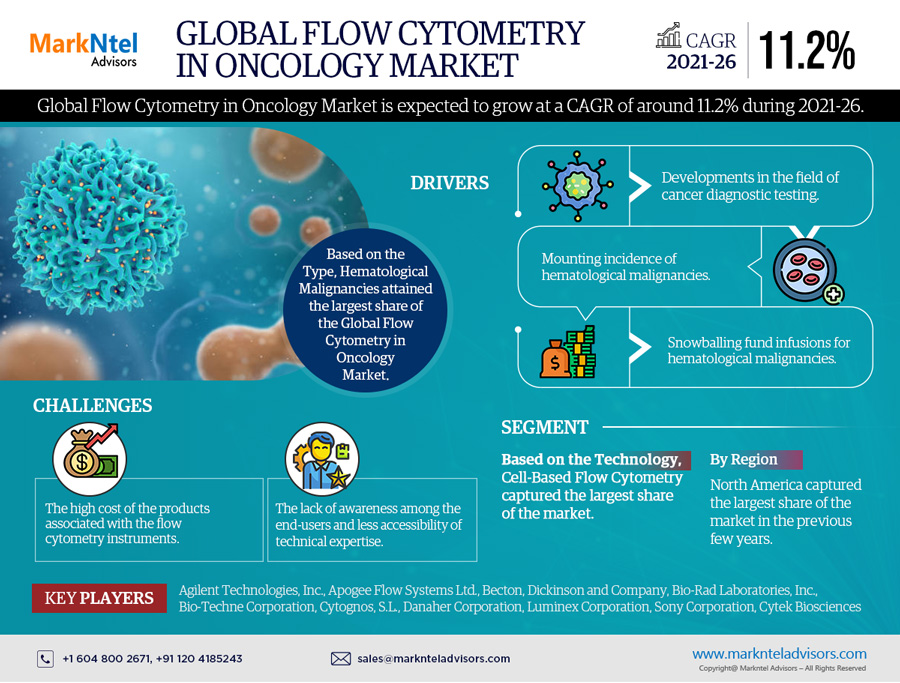Polyvinyl Alcohol (PVA) is a synthetic polymer widely known for its versatility and adaptability. Due to its unique chemical properties, modified polyvinyl alcohol has gained significant attention across industries, where its various modifications provide specific benefits in different applications. From medical uses to packaging and construction, modified polyvinyl alcohol stands as an essential material in today’s manufacturing and product development sectors. This article will explore what makes modified polyvinyl alcohol so beneficial, its properties, the diverse applications it serves, and its environmental advantages.
Understanding Polyvinyl Alcohol
Polyvinyl alcohol (PVA) is a water-soluble polymer produced through the polymerization of vinyl acetate followed by a hydrolysis process, where acetate groups are replaced by hydroxyl groups. By modifying the chemical structure of polyvinyl alcohol, manufacturers can create modified polyvinyl alcohol variants that enhance or add new properties, such as improved mechanical strength, chemical resistance, or biodegradability.
The degree of modification and type of additives used in modified polyvinyl alcohol impact its characteristics, giving rise to customized solutions for specific industrial applications. Modified polyvinyl alcohol is often created by introducing cross-linking agents, copolymers, or functional additives to achieve desired traits in products, whether they are for pharmaceutical, textile, or construction applications.
Properties of Modified Polyvinyl Alcohol
Modified polyvinyl alcohol possesses an array of valuable properties that set it apart from unmodified versions. By altering its structure, manufacturers can fine-tune the material’s capabilities. Key properties include:
- Enhanced Mechanical Strength: Through cross-linking, modified polyvinyl alcohol achieves higher tensile strength, making it suitable for applications where durability is paramount.
- Water Resistance: While unmodified PVA is water-soluble, adding specific compounds or agents can make modified polyvinyl alcohol less susceptible to water, providing controlled water resistance for applications like packaging films and coatings.
- Improved Thermal Stability: Many applications require polymers to withstand heat without degradation. Modified polyvinyl alcohol can be designed to resist higher temperatures, expanding its use in heat-intensive applications.
- Biodegradability: Certain modifications in PVA maintain or even enhance its biodegradable properties, making modified polyvinyl alcohol an attractive choice for environmentally conscious manufacturers.
- Chemical Resistance: Modifications can make PVA more resistant to oils, greases, and chemicals, which is valuable in the food, cosmetics, and coatings industries.
- Transparency and Gloss: Many forms of modified polyvinyl alcohol retain excellent transparency and a glossy finish, making it a preferred choice for packaging and film applications.
Applications of Modified Polyvinyl Alcohol
Due to its adaptable nature, modified polyvinyl alcohol has an extensive range of applications across multiple industries. Here’s a closer look at some of its most common uses:
1. Pharmaceuticals and Healthcare
In pharmaceuticals, modified polyvinyl alcohol is highly valued for its biocompatibility, non-toxicity, and biodegradability. It is frequently used in tablet coatings, which protect active ingredients and provide controlled release properties. In wound care, modified polyvinyl alcohol can be found in hydrogels and dressings that offer moisture control, essential for wound healing. Its safety profile makes it ideal for direct contact with the body in medical applications.
2. Packaging Industry
Modified polyvinyl alcohol has become a popular choice in packaging materials, especially in water-soluble and biodegradable packaging solutions. Companies focused on sustainability utilize modified polyvinyl alcohol in single-use packaging products. These materials can dissolve in water, making disposal easier and environmentally friendly. Additionally, it is used in films and pouches that need to withstand varying levels of moisture and temperature while maintaining durability.
3. Textiles and Paper
In the textile industry, modified polyvinyl alcohol serves as a sizing agent that improves yarn strength during the weaving process, reducing breakage and increasing efficiency. Its water solubility makes it easy to wash off after weaving, leaving no residue on the fabric. Similarly, modified polyvinyl alcohol is used as a coating and binder in the paper industry to improve paper’s surface quality, strength, and printability.
4. Adhesives and Sealants
Due to its strong adhesive qualities, modified polyvinyl alcohol is often used in adhesives for packaging, construction, and woodworking. It can be formulated to have various levels of tackiness, water resistance, and durability, making it a preferred choice for applications that require strong, reliable bonds. In construction, modified polyvinyl alcohol is often included in cement-based adhesives to improve flexibility, bonding strength, and resistance to cracking.
5. Agriculture
In agriculture, modified polyvinyl alcohol plays a role in coating seeds, fertilizers, and pesticides. Coatings with modified polyvinyl alcohol offer a controlled release mechanism that optimizes the dispersal of nutrients and chemicals, enhancing their effectiveness and reducing environmental impact. The biodegradable nature of PVA makes it especially suitable for agricultural applications, where sustainability is a growing priority.
6. Cosmetics and Personal Care
Modified polyvinyl alcohol is commonly used in cosmetic products for its film-forming properties. It can be found in peel-off facial masks, where it creates a clear film that removes impurities from the skin. Additionally, it serves as a thickener in various personal care products, providing a smooth texture and stable viscosity.
Benefits of Modified Polyvinyl Alcohol
Modified polyvinyl alcohol provides numerous benefits, making it a preferred choice in various industries. Some key advantages include:
- Environmental Friendliness: Many modified polyvinyl alcohol variants are biodegradable, addressing the growing need for sustainable materials in manufacturing and packaging. Its use helps reduce waste and pollution, aligning with eco-friendly practices.
- Customization Potential: The ability to alter the properties of PVA through modifications makes it highly adaptable, allowing manufacturers to create tailored solutions that meet the exact requirements of their applications.
- Safety and Biocompatibility: Modified polyvinyl alcohol is non-toxic, making it suitable for products that may come into contact with humans or animals, including medical and cosmetic products.
- Cost-Effectiveness: PVA and its modified versions are generally affordable polymers, offering a cost-effective alternative to more expensive synthetic and natural polymers without compromising quality.
- Chemical Stability: Modified polyvinyl alcohol can resist various chemicals and environmental factors, making it ideal for applications that demand durability, such as coatings, adhesives, and films.
- Improved Performance in Extreme Conditions: With proper modifications, PVA can withstand exposure to moisture, heat, and UV light, expanding its application range in challenging environments.
Environmental Impact and Sustainability
The increasing demand for sustainable materials in manufacturing has made modified polyvinyl alcohol an attractive choice for companies prioritizing environmentally friendly practices. Its biodegradability allows modified polyvinyl alcohol to break down naturally over time, reducing waste and the impact on landfills. Additionally, its water solubility helps eliminate harmful residues when disposed of or dissolved in water.
Modified PVA is also used in products designed for single-use applications that need to dissolve after use, such as detergent pods and medical capsules. This property helps minimize the amount of solid waste generated, contributing to reduced environmental impact.
Future Trends for Modified Polyvinyl Alcohol
As industries continue to focus on innovation and sustainability, modified polyvinyl alcohol will likely see new applications and advancements. Some areas of research and development include:
- Enhanced Biodegradability: Scientists are exploring ways to enhance the biodegradability of modified polyvinyl alcohol without compromising its mechanical properties, making it suitable for even more eco-friendly applications.
- Improved Performance for Extreme Environments: Modifying PVA to withstand even harsher conditions, such as high temperatures and chemical exposure, would make it valuable in specialized fields like aerospace and advanced manufacturing.
- Medical Advancements: The potential for modified polyvinyl alcohol in drug delivery and wound care is vast. Researchers are exploring how it can be used for more sophisticated drug delivery systems, such as microencapsulation for targeted treatment.
Conclusion
Modified polyvinyl alcohol is a highly versatile, eco-friendly polymer that meets the needs of modern industries. Its adaptability, safety, and biodegradability make it suitable for diverse applications, including packaging, medical products, adhesives, and agriculture. As demand for sustainable materials continues to grow, modified polyvinyl alcohol will play a crucial role in helping industries achieve their environmental goals without sacrificing performance or durability.




